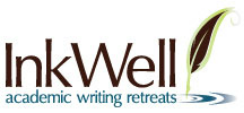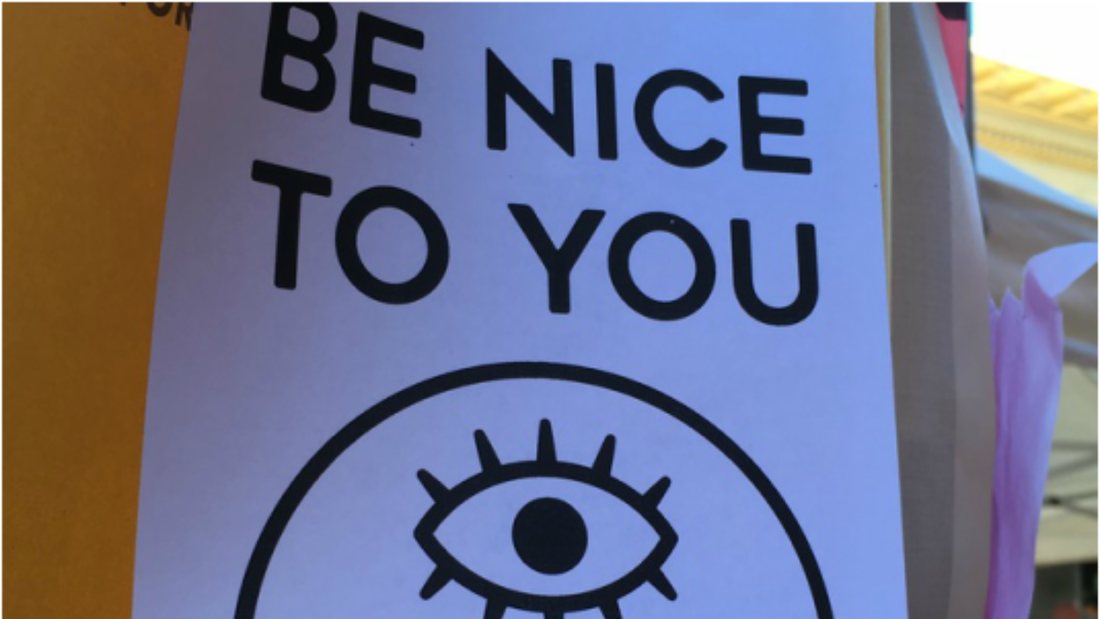“Now that I knew fear, I also knew it was not permanent. As powerful as it was, its grip on me would loosen. It would pass.” ― Louise Erdrich I once gave a conference paper to a discussant just 45 minutes before the panel began. I was in grad school at the time, but didn’t yet realize that my co-panelists were colleagues I needed to court, not teachers I needed to please. The discussant in question was Dr. Dianne Pinderhughes. For those of you who aren’t political scientists wincing in sympathetic horror right now, I’ll just say that she’s one of the biggest names in the discipline (and my subfield), a black woman who was toughing it out at the University of Chicago when I was just 7 years old. I don’t remember her saying anything. I just remember her standing very still. Fixing her gaze on me the way you do when young people are behaving in ways that make you worry for the future of humanity. It was that look that helped me realize my mistake: I’d behaved like an undergrad trying to earn an A. Not like a junior scholar trying to earn my stripes. None of my subsequent manuscript submissions have been quite that bad. But they all had that same flavor. They were all late, or at least, last minute. They all put me in a panic. And they all smelled faintly of my desperate desire for approval. Which is why, my dears, I was so shocked when--after announcing to you that I was finishing my book manuscript—I actually did it. Not in a rushed way, but all leisurely-like. Not at 11:59 p.m., but at 4:30 in the afternoon. Early enough that I had time to clean my office before heading into the weekend freer than any fucking bird has ever been in their entire life. Even now, as I write you about it two months later, I’m amazed. Because although I’d hoped to get it in on time, I didn’t really think I could do it. I assumed it would be like it was before—rushed, stressed, and marred by my worries about whether people would like it/me. I didn’t realize I’d held this assumption before I started this essay. I was planning to tell you which of my own coaching lessons I implemented, where I fell short, and how you could learn from my mistakes. But as I began writing, I saw there was a more useful—and more alarming—takeaway from my experience: I hadn’t really believed I could change—but somehow I did anyway. Sure, I’ve made my writing practice into a lovely thing—a daily date with myself that I rarely miss and often look forward to. But Finishing? Finishing is the thing I’m worst at. It’s the moment I fear more than any other. And what I now see is that there was a very tiny part of me that didn’t really think I could do it. It was cooing in my ear the whole time I was writing. It spoke in such soothing tones that I didn’t recognize the serrated edge in the message it was sending. And that message was that no matter how many tools and tricks I know; no matter how much I follow my process, they’ll never make me anyone other than a Last Minute Lucy. Maybe you feel this way too. That you can make improvements here and there, trim some bad habits around the edges. But at the end of the day, you’ll still be that same person you were before. Late. Fearful. Staring into the disappointed face of the biggest person in your field. I want to suggest something different to you. Something based on my experience coaching others and coaching myself. Not only can we change, but when we find a process and an approach that works for us, we can change, even while we doubt ourselves. Of course, that change is slow. It’s incremental (do not forget love, the many years I spent duckin’ and dodgin’ that ms as best I could). And that change is harder when we trap ourselves inside stories about how flawed/hopeless/lost we really are. But no matter what those stories say, you are not the person you were 6 months or 6 years ago. And one of the ways we leave the old us behind is to behave ourselves away from them--even as the doubt still lives in our hearts. How am I just realizing this for myself? The most gratifying part of every retreat actually comes after the retreat is over. It’s the moment, three months later, when I get the email from the unsure, untrusting scholar. The one who describes how good the writing was right after the retreat. Then how it all fell apart. And then, how she locked back into her process, and slowly, slowly, never believing it could happen, walked her way back to her writing. We don’t have to be heroically confident before we change our writing practice. I actually think what’s more heroic is to be unsure, and show up anyway. To do the work everyday, full of a doubting hope. Even though I’m just realizing this for myself right now, I must have had some notion of this noodling around in the back of my head. It showed up the next time I spoke to Dr. Pinderhughes—it was several years after The Discussant Debacle. I was receiving an award for a book based on that same, raggedy paper I’d tossed to her 15 years before. After the ceremony, she walked to the front of the room to introduce herself. “Congratulations!” she said, extending her hand. Her gaze was as stately and piercing as I remembered. “You may not know who I am,” she began—and I cut her off, barking out a laugh like an untrained seal. “Don’t you remember?” I almost said, that serrated voice whispering in my ear. But I caught myself. I took a breath. I shook her hand, as I said, “O, I definitely know who you are.” “But, you know,” I said, with a small smile, “I don’t think we’ve ever met.” Want the monthly InkWell blog delivered straight to your inbox? Subscribe to Inkling, a bite-sized, monthly newsletter filled with ideas, inspiration, and information for academic writers.
Elaine
6/10/2022 07:52:58 pm
This is so encouraging, Michelle! Thank you! Looking forward to your book (when can we pre-order?)
Michelle
6/20/2022 02:24:25 pm
Thank you Elaine, I would love to know the answer to that question too, lol! You'll know as soon as I do, I promise :) Comments are closed.
|
|
© 2018 InkWell Academic Writing Retreats
|

